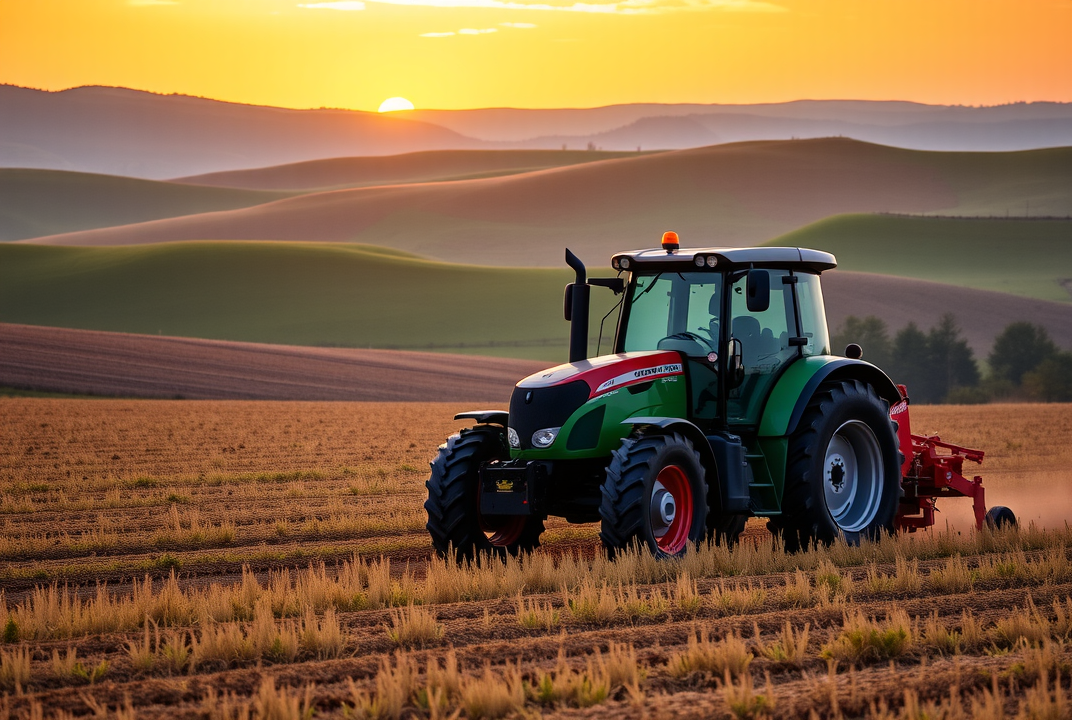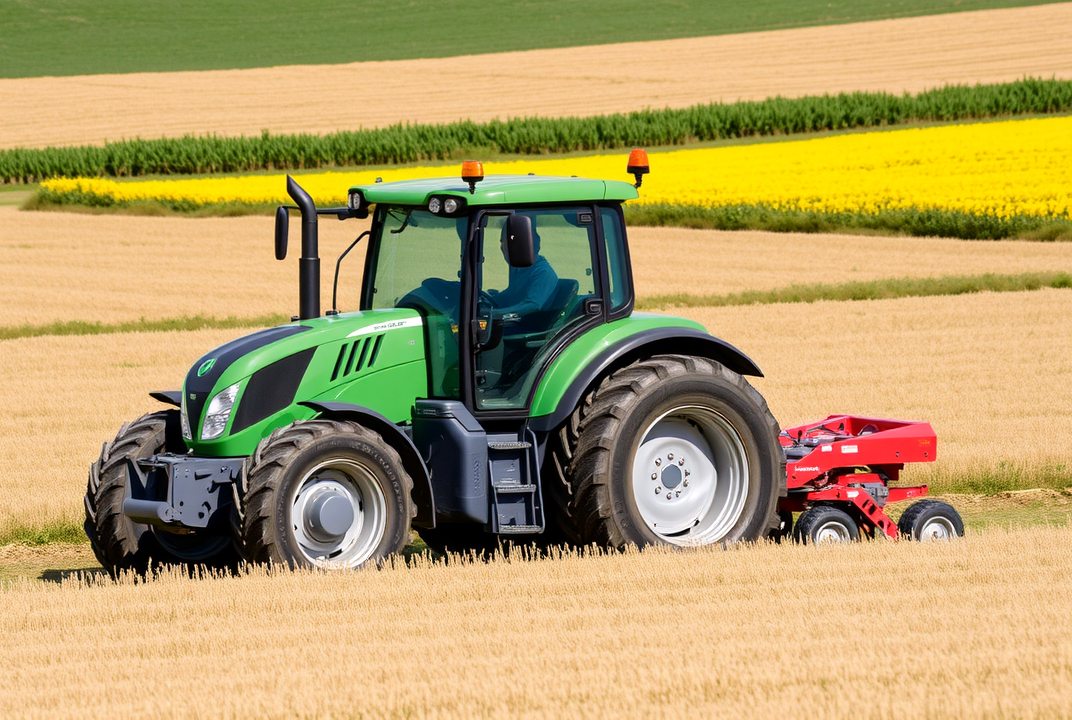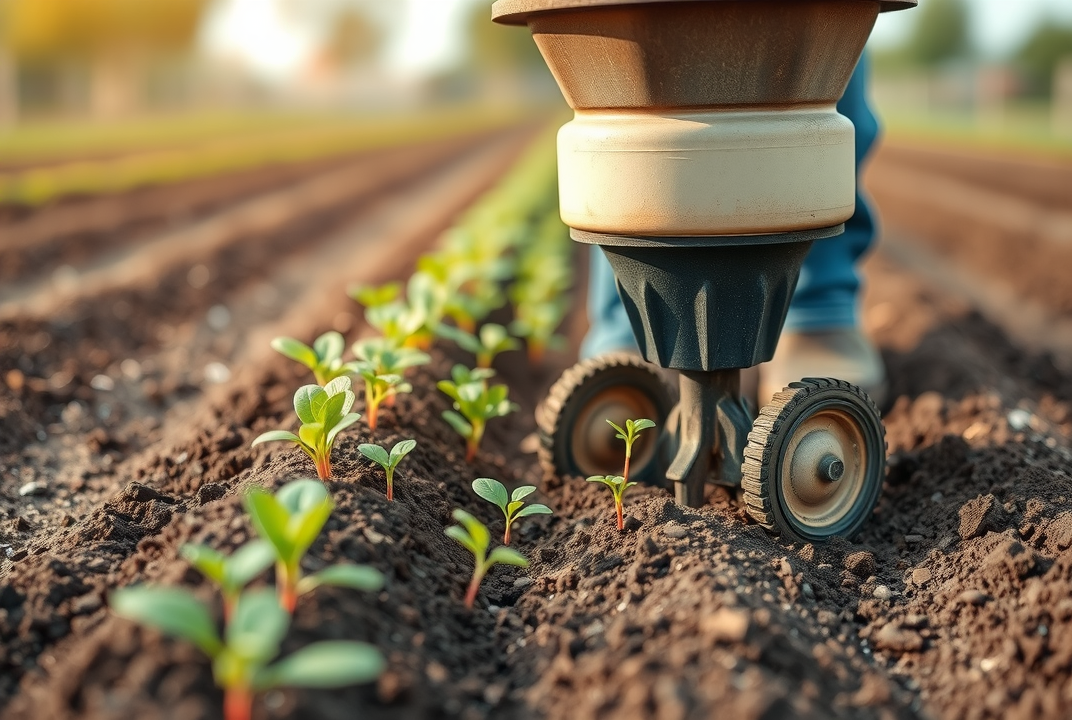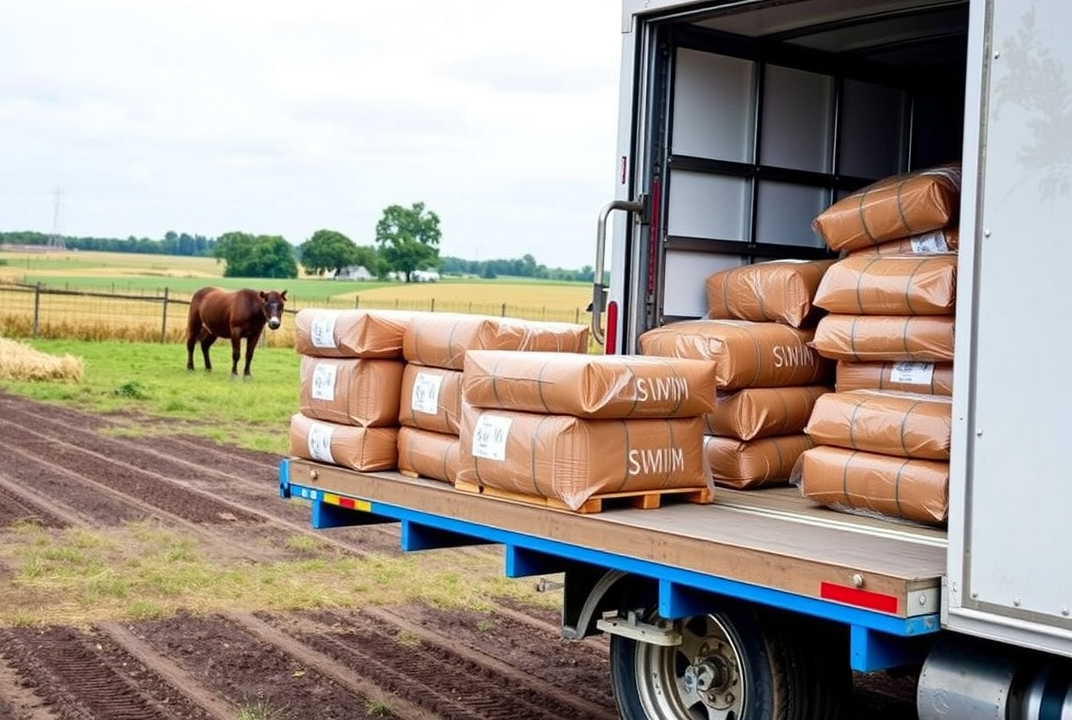Starting a Farm: Essential Equipment for Success

Introduction
Starting a farm is not just about a love for the land; it's also about having the right equipment to make that dream a reality. Did you know that having the appropriate farm equipment can increase productivity by up to 50%? This fact highlights the importance of understanding what equipment is needed when embarking on your farming journey.
In this blog post, we will explore essential farm equipment required for starting a new farm. Whether you're a beginner or planning to expand, this guide will help you understand what tools you need to enhance productivity and efficiency on your farm.
1. Tractor
The Backbone of Modern Farming
A tractor is often considered the heart of a farm. It provides power, speed, and comfort, making it an indispensable tool for any farmer. Tractors come in various sizes and capabilities, ranging from compact tractors suitable for small farms to larger, more powerful machines.
-
Versatility: Tractors can be used for plowing, tilling, planting, and hauling. Think of them as your all-purpose tool.
-
Attachment Capability: Tractors can easily adapt with different attachments like mowers, loaders, and backhoes.

2. Plow
Preparing the Soil for Planting
Plows are essential for breaking bumpy ground and preparing it for planting. They play a critical role in cultivating the soil, especially in new fields where the ground hasn't been turned before.
-
Types of Plows: Moldboard and chisel plows are the two main options.
-
Functionality: Used to turn over soil, improve aeration, and incorporate nutrients.
3. Harrow
Refining Your Soil
Harrowing is crucial to further break down soil after plowing. It helps in leveling the field and preparing a fine seedbed for planting.
-
Different Types: Disc and chain harrows are popular choices.
-
Benefits: Helps in weed control and improving soil structure.
4. Seeder and Planter
Precision in Planting
Seeders and planters ensure that seeds are planted at the right depth and distance, maximizing growth potential.
-
Efficiency: Allows for uniform seed distribution.
-
Modern Options: Advanced models offer GPS and sensor technologies.

5. Irrigation System
Sustaining Your Crops
An efficient irrigation system is vital to ensure that crops have the necessary water supply, especially in unpredictable climates.
-
Drip Irrigation: Ideal for water conservation and precise delivery.
-
Sprinkler Systems: Provides widespread water application.
6. Fertilizer Spreader
Enhancing Soil Fertility
Fertilizer spreaders help in distributing fertilizers evenly across the farm, boosting soil fertility and crop yield.
-
Types: Broadcast and drop spreaders offer different distribution methods.
-
Benefits: Ensures proper nutrient availability.
7. Hoe and Weeder
Essential Hand Tools
Although less glamorous than mechanical equipment, hoes and weeders are crucial for new farmers.
-
Use Cases: Useful for hand weeding and soil cultivation.
-
Affordability: More cost-effective for small-scale farming.
8. Transport Vehicle
Facilitating Supplies and Goods Movement
Transport vehicles such as pickups or utility trailers are essential for moving supplies and goods within and outside the farm.
-
Utility: Transporting crops, equipment, and other materials.
-
Variation: Sizes and capacities vary according to needs.

Conclusion
Equipping yourself with the right farm tools can significantly influence your farming success. These pieces of essential farm equipment are a starting point. As you grow, you may need to expand your arsenal with more specialized machinery, considering your farm's unique needs.
Start by investing in core tools like tractors and other equipment, and gradually build up your collection based on what suits your farm best. Always remember that a well-equipped farm is a productive farm, paving the way for successful agricultural ventures.